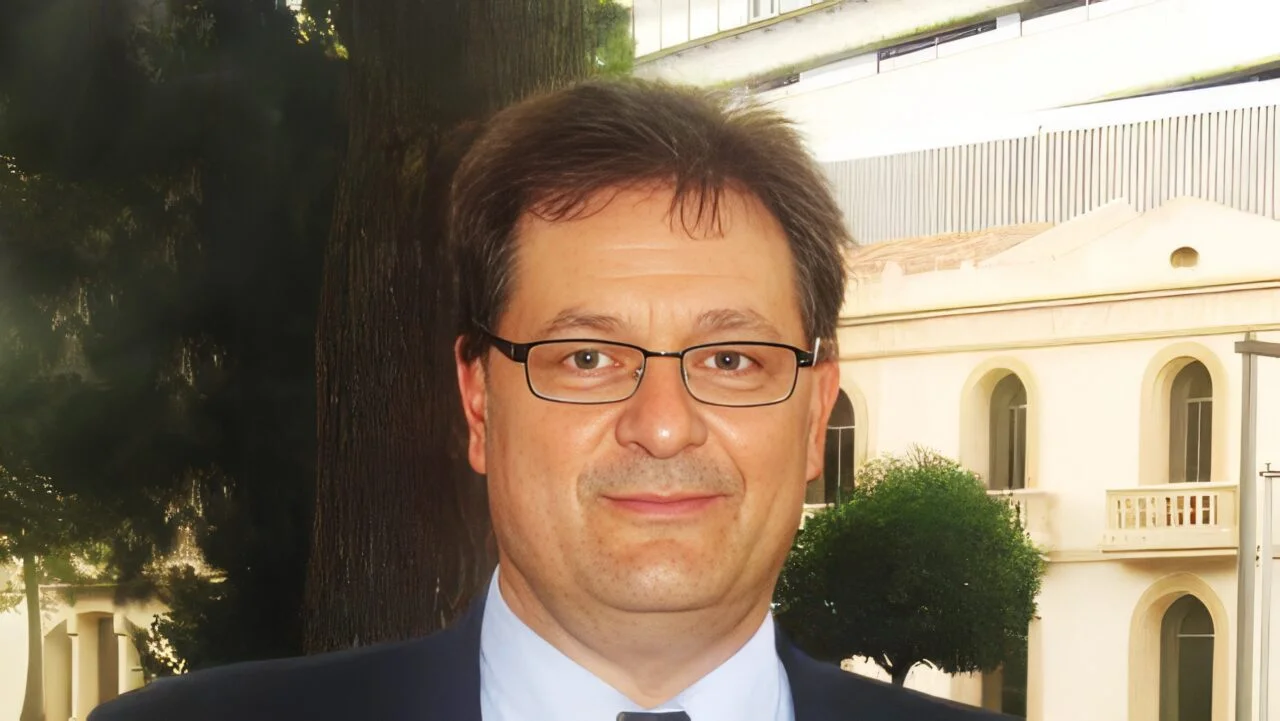Miguel Bronchud, Co-Founder and Advisory Board at Regenerative Medicine Solutions, shared post on LinkedIn:
“The Whipple procedure is the only surgery that can potentially cure pancreatic cancer, in its localized and non metastatic stage, as it removes tumors located in the head of the pancreas and surrounding tissues. It can also help relieve symptoms caused by the tumor, such as pain or blockage (obstruction) of the bile or stomach.
The head of the pancreas, duodenum (the first part of the small intestine), gallbladder, and a portion of the bile duct are removed. Part of the stomach may also be removed, but a pylorus-preserving version is common.
Nearby lymph nodes and, if necessary, blood vessels around the pancreas are also removed. The remaining pancreas, bile duct, and stomach are reconnected to the small intestine to allow digestive juices to flow into it.
The history of the Whipple procedure for pancreatic cancer began in the 1930s, led by Allen Oldfather Whipple, who performed the first successful modernized version in 1940 after initial two-stage operations.
While others performed similar resections before him, Whipple is credited with the first complete excision of the head of the pancreas and duodenum. However, its survival rate (the pancreas is a delicate and rather ‘hidden and sensitive’ organ), remained rather low for decades.
From 1940, after the advent of the Whipple procedure (also known as ‘pancreaticoduodenectomy’), approximately one in three patients with pancreatic cancer who received the challenging, complex operation unfortunately died from complications.
But through the research, technical skill, and in great part due to the dedication by Dr. Cameron and team, the odds drastically changed for these patients, with surgeons now reporting mortality rates with the Whipple procedure of less than 5% and often even lower.
Born and raised in Michigan, Dr. Cameron obtained his undergraduate degree from Harvard University in Cambridge, Massachusetts, in 1958; in 1962, he earned his medical degree at The Johns Hopkins University School of Medicine in Baltimore.
From 1963 to 1965, he was a research surgeon for the U.S. Army at the Walter Reed Army Institute of Research in Silver Spring, Maryland, while additionally completing his training at Johns Hopkins, where he remained for the duration of his career.
In 1971, he was appointed Assistant Professor of Surgery at Johns Hopkins, rising in the ranks to full Professor in 1978, which—at the time—was a record-speed career development trajectory that reflected his clinical achievements, strengths as an educator and mentor, and loyalty and dedication to his trainees.
Dr. Cameron was named Surgeon-in-Chief and Chair of the Department of Surgery at The Johns Hopkins University School of Medicine in 1984. After 19 years, he stepped down from his role as Surgeon-in-Chief to assume the Alfred Blalock Distinguished Service Professor of Surgery – a position he holds to this day.
Dr John Cameron, because of his contributions to significantly improving outcomes of the Whipple procedure, as well as to improvements to hepatobiliary and pancreatic surgery and the broader field of surgery, has now received the 2025 Wangensteen Scientific Forum Award.
In the mid-1980s, Dr. Cameron was able to intensify his focus on improving pancreatic surgery through reducing morbidity and mortality associated with the Whipple procedure and improving long-term survival. European surgeons , especially in London and Paris, but also elsewhere, soon joined in the effort and the technical and post operative support also improved.
Dr. Cameron personally performed more than 2,000 pancreaticoduodenectomies over 5 decades, which is reportedly more than any other surgeon in the world.
At his peak, Dr. Cameron performed 120 to 130 Whipple procedures each year and sometimes up to 5 per week—notable!
In the 1980s and 1990s, Dr. Cameron and his colleagues received continuous grant funding from the National Institutes of Health and other research foundations to study various aspects of pancreatic surgery. He also trained hundreds of surgeons, many of whom went on to become directors of programs, chiefs of service, chairs of departments, and deans of medical schools.”
More posts featuring Miguel Bronchud on OncoDaily.


